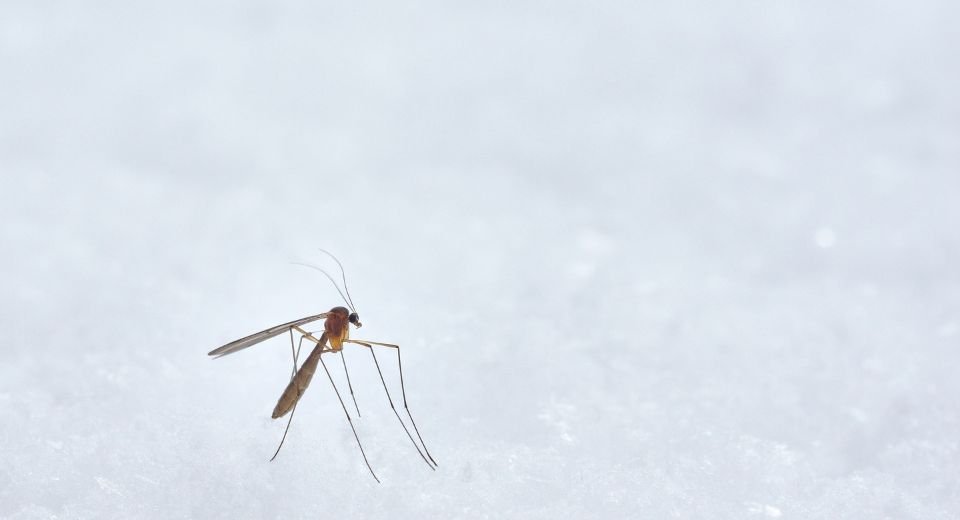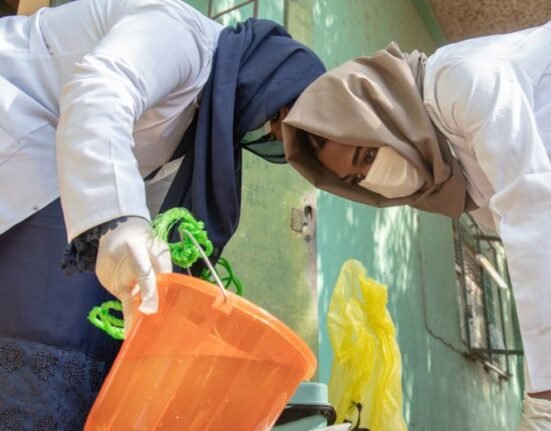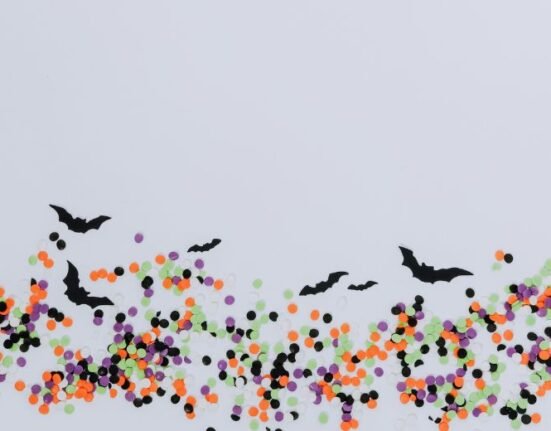HQ Team
June 22, 2023: Peru has declared a state of medical emergency due to a dengue outbreak, according to an emailed statement from the WHO.
The number of dengue cases reported so far this year is four times higher than the average of the last five years. Since the beginning of 2023 about 150,000 suspected cases have been reported.
More than half the reported cases have been confirmed in a laboratory, placing a heavy burden on the South American country’s health system, according to the statement.
Fewer than one percent of the cases are severe or life-threatening.
WHO support
The WHO is supporting Peru to strengthen vector control, surveillance, and clinical management, through the training of more than 6,000 health workers, said WHO Director-General, Tedros Adhanom Ghebreyesus.
The incidence of dengue has grown dramatically around the world in recent decades, especially in the Americas, which reported 2.8 million cases and 1280 deaths last year.
The global health agency stated that it was preparing for the very high probability that 2023 and 2024 will be marked by an El Niño event.
The weather event could increase transmission of dengue and other so-called arboviruses such as Zika and chikungunya, Mr Tedros said.
Climate change
The effects of climate change are also fuelling mosquito breeding and the spread of these diseases.
To respond to this threat, WHO last year established the Global Arbovirus Initiative, which aims to strengthen the world’s ability to prevent, detect and respond to outbreaks of these diseases.
Many of the same capacities that countries established for Covid-19 can also be leveraged for dengue and other diseases.
And many of the actions that can prevent dengue are the same actions that can help to prevent so many other diseases, including climate action.
Half of global population at risk
Dengue is a viral infection caused by the dengue virus, transmitted to humans through the bite of infected mosquitoes. About half of the world’s population is now at risk of dengue with an estimated 100–400 million infections occurring each year.
Dengue is found in tropical and sub-tropical climates worldwide, mostly in urban and semi-urban areas.
Most people who get dengue won’t have symptoms.
For the ones infected with the virus, the most common symptoms are high fever, headache, body aches, nausea, and rash. Most will also get better in 1–2 weeks. In severe cases, dengue can be fatal.
One can lower your risk of dengue by avoiding mosquito bites, especially during the day. Dengue is treated with pain medicine as there is no specific treatment currently.








